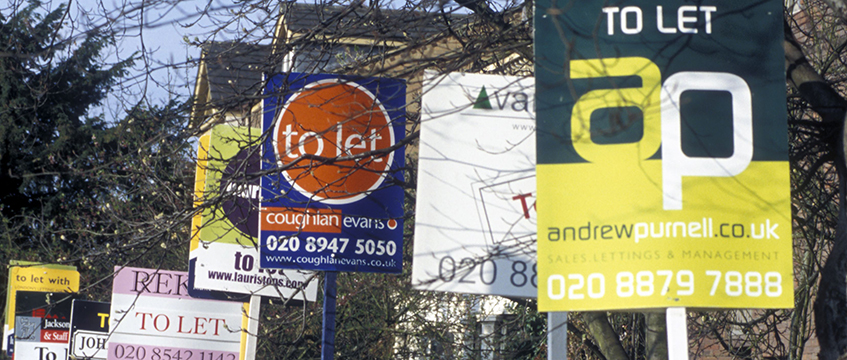It gets less publicity than the letting agents’ fee ban or the eviction powers of landlords but for many the biggest issue in the private rental sector today is this: selective licensing.
It has remained a low-profile controversy because it is, by definition, local: there are an estimated 550 selective licensing schemes, each set up by a local authority and covering some but not all electoral wards in an area – hence the term “selective”.
The schemes operate separately and in addition to mandatory nationwide landlord licensing schemes, mostly around homes in multiple occupation with five or more tenants in two or more households within certain specific property types.
Most councils have justified selective licensing by citing apparent links between anti-social behaviour and poorly managed and maintained private rental properties.
‘Fit and proper’
Fees for three-to-five year selective licences range from £250 to more than £1,000 per property with owners required to prove their “fit and proper landlord” credentials by providing evidence of property insurance, utility and appliance checks, plus residency rights – some of which are mandatory anyway.
A number of councils go further and demand to see management plans to deal with anti-social tenants or evidence of formal landlord training.
The government is now reviewing selective licensing. It stresses that this is not a sign of concern over schemes introduced so far but merely a check on their effectiveness.
Independent commissioners will lead the review, speaking with landlords, tenants and housing professionals before reporting next spring.
Licensing means councils spend their time administering schemes rather than enforcing against rogue criminal landlords
So far, so sensible. But what bugs landlords in particular is the suspicion that many schemes are introduced not to raise standards but to raise revenue, with seemingly little done to catch rogue operators who buy a licence and then allow their properties to deteriorate, or who go under the radar and ignore the licensing scheme completely.
“Licensing doesn’t work and it never has done,” says David Cox, chief executive of the Association of Residential Letting Agents.
“Licensing means councils spend their time administering schemes rather than enforcing against rogue criminal landlords – a fact proven time and time again over the past decade. When government is concerned with rising rents, all its policies are just increasing costs for landlords, fostering a private rented sector where financial burdens due to ever-changing legislation will keep rising,” he claims.
Street by street
Other trade groups are more nuanced. The National Landlords Association accepts that licensing could in principle improve standards, but this needs to be done street-by-street and not over whole wards or even suburbs. “They need to be implemented properly, fully resourced and enforced,” says NLA policy officer Gavin Dick.
On the other side of the fence, campaign groups like Shelter insist that selective licensing schemes are needed. “Previous measures to tackle anti-social behaviour have been directed at tenants of social housing and have been available for use only by the police, local authorities and housing associations. Selective licensing will help fight anti-social behaviour by both tenants and landlords in the private rented sector,” says a Shelter spokesman.
There’s an absence of figures in support of either side of the argument.
Newham council in London is an exception, revealing that it served 2,834 improvement notices and banned 28 landlords during the first five years of its selective licensing. However, very few other councils have released data to show the effectiveness of their own schemes, fuelling sceptics’ perceptions that too little is done to police the licensing criteria once fees have been collected.
Concerns over red tape
Some industry figures are concerned that the red tape associated with licensing may be driving good landlords out of the sector. This is especially the case when licensing is added to other recent cost increases such as the additional homes stamp duty surcharge, the removal of wear and tear allowance and the phasing out of mortgage interest tax relief.
“Many landlords either can’t afford to make the improvements required or haven’t got the time to go through what are quite strict procedures. So they’re increasingly turning to auctions for a quick sale and exit,” says Andy Thomson of SDL Auctions. Last year his firm’s north-west auctions witnessed a spate of landlord sales after the introduction of a selective scheme in parts of Manchester.
A burden for responsible landlords?
Ironically if selective licensing is the straw that breaks the back of responsible landlords, it will leave the field clear for less scrupulous corner-cutting landlords – exactly those who local authorities and Westminster claim they want to target.
It is down to the licensing review to decide whether that is allowed to happen.
For more on selective licensing, including case studies of local authorities in which landlords have successfully resisted such schemes, see the next edition of EG’s Property Auction Buyers’ Guide, out on 24 November.
Graham Norwood is a freelance journalist











